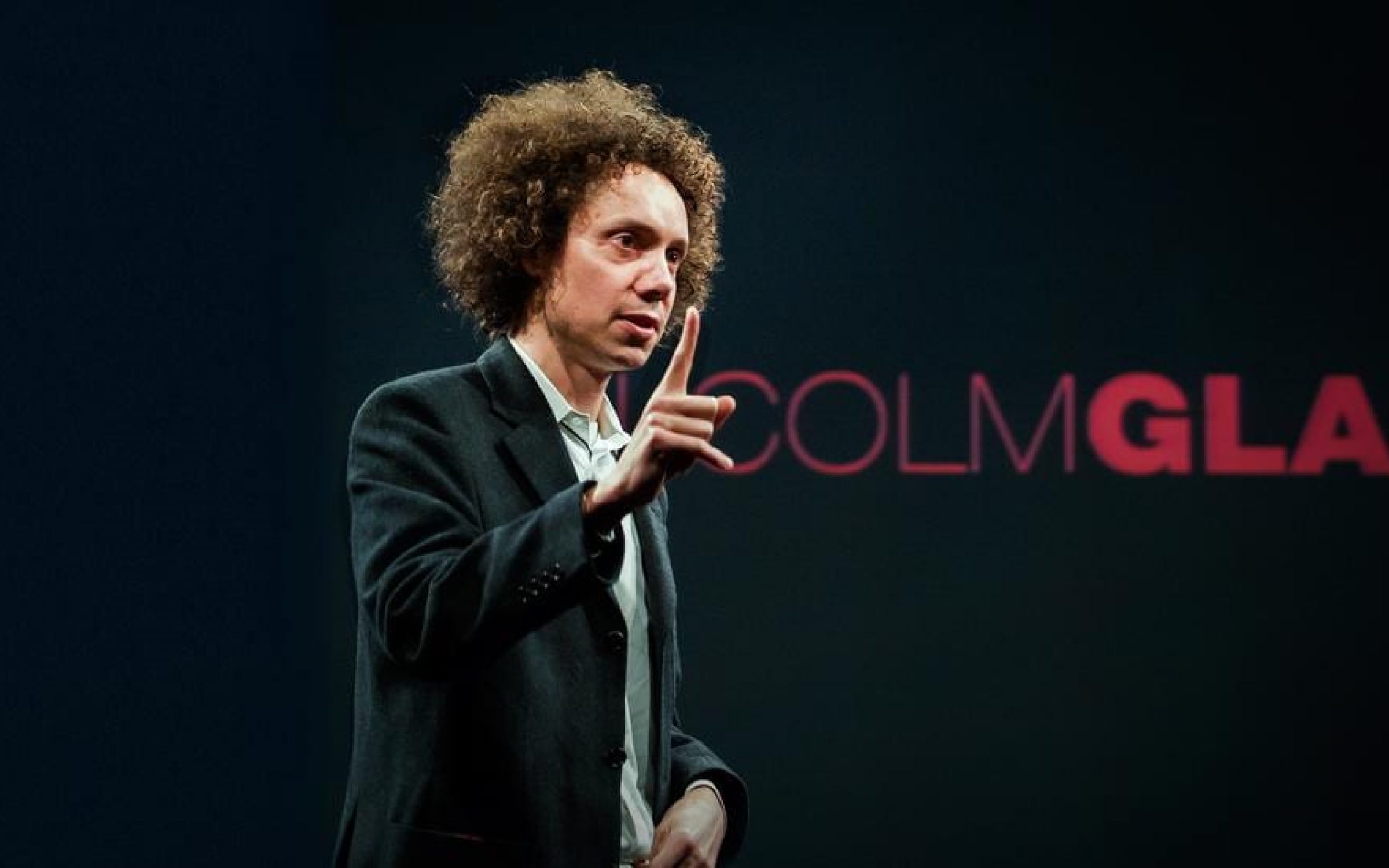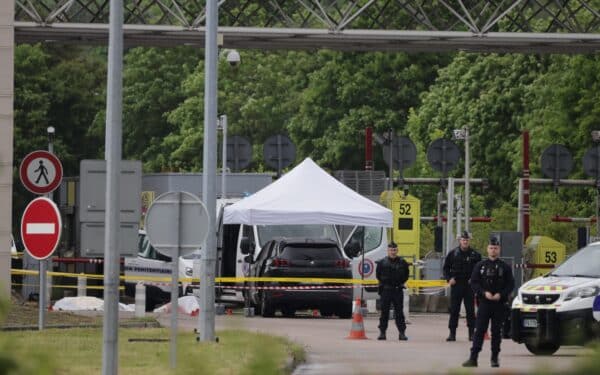Many years ago, a friend on Wall Street gave me some sound investing advice I’ve never forgotten: “Never bet against the big boys.” I’ve followed that rule in other aspects of my life as well and it’s served me well. Now, I will break it.
Malcolm Gladwell is not just a best-selling author with a huge, devoted following. Like few others, he has become a force in our public thought process. His writings are read by millions and his podcasts attract an enormous audience. This man sways public opinion. When I have something to say, it’s usually to a group of friends at a table.
Recently, I was excited to hear that Gladwell had devoted four episodes of his podcast series, Revisionist History, to Curtis LeMay, the US Air Force general, who helped create the victorious bombing campaign in the Second World War, built the Strategic Air Command during the Cold War, and served on the Joint Chiefs. LeMay was also very controversial, being the architect of the firebomb raids that killed between 350-and-500,000 Japanese.
But, as I listened to each episode, I became more and more concerned that I was hearing a very popular author altering an important part of our history to impose his own personal morality. While factually correct, he conveniently ignored the wider context and by doing so, he turns not just LeMay, but, by extension, the entire Allied war effort, into a dark, ominous crusade of destruction. If Gladwell did this on purpose, he joins a long list of revisionists from Howard Zinn’s distorted history of America to, most recently, the New York Times 1619 Project.
Gladwell focuses on two major events in the War – the creation of napalm by Harvard chemists and its use over Japan, beginning with the Tokyo firebombing on March 10, 1945. Firestorms were then created in 64 Japanese cities that burned everything in their path – factories, homes and civilians.
The chemists who created napalm are depicted as men more fascinated with fire than its repercussions, although Gladwell tells us that after the war, out of guilt, they went on to save, perhaps, even more lives with the creation of fire retardants and, in one case, a miracle cancer drug. LeMay is, at best, depicted as unfeeling, focused only on getting the job done with little concern for collateral damage. At worst, he comes across as a brutal thug.
“LeMay didn’t get tried as a war criminal,” Gladwell tells us, “He got promoted.” And then, Gladwell offers a greater philosophical quandary: “If you kill half-a-million people, something should happen … shouldn’t it?”
I met a Harvard trained lawyer and retired judge who served under LeMay during the Second World War. Ralph Nutter’s politics were antithetical to LeMay’s views, but he understood the absolute necessity of winning that war and came to have the greatest respect for his commander. Nutter once tried to explain LeMay with an obscure opinion by Supreme Court Justice Felix Frankfurter: “The language of the picket line is very different from the language of the boardroom.”
“The problems facing a combat commander,” Nutter went on to say, “Are very different from those of philosophers in the comfort of the library.” I would add podcast hosts to that group as well.
The series ends with a visit to a museum in Tokyo dedicated to the firebombing. A poem, written by one of the survivors, is read aloud as an indictment: “What reason can one have to kill innocent people?”
For listeners who know only the most minimal history of a conflagration that engulfed the entire world and killed more than 60-million people, that sounds like a reasonable question. And for anyone under the age of 80, it might be hard to understand why these bombings took place at all. Since 1945, Japan, as well as its war partner Germany, have been among the most responsible countries on earth. Why, in God’s name, some might wonder, would their civilians have been targeted like this?
So allow me to answer that question, which Gladwell chose to ignore, because it is key to the entire story. There was a second holocaust in the Second World War that most Westerners know little about. Upwards of 17 million people – men, woman and children – died in the Pacific Theatre of War, a war that Japan started in 1937. Many were slaughtered in the most brutal ways imaginable. Like Germany, Japan went on a genocidal tear across an entire continent, killing practically everything in its path.
In 1945, 250,000 people were dying from the effects of the war in Asia every month. That’s a quarter of a million dead human beings every thirty days. When the Japanese finally surrendered and went home, that number went down to zero. Japan stopped killing people not because they suddenly realised it was wrong. They stopped killing because they were forced to stop. That only happened and more lives were saved, precisely because of those fire bombings, capped off by two atomic bombs and, more specifically, because of what LeMay and thousands of young Americans, risked their lives to achieve.
When faced with existential threats, countries don’t think twice asking people like LeMay to do terrible things. Then, after they do exactly what they are asked, after the enemy is vanquished and we are safe once again, people often turn on them. Perhaps, people don’t want to be reminded that they were once threatened and scared. That’s as wrong as it is ungrateful. It’s also cowardly.
The invasion of Japan, which was being planned, would have killed millions of Japanese along with probably a million more American casualties. The Japanese acknowledge this. I am not alone in this personal story: My father had survived the war in Europe and was in the Army of Occupation in Germany, waiting to be rotated back to the States and sent to the Pacific. My uncle, who had been wounded in the Ardennes, was already on his way with the 104th Division. My Dad told me that when they heard the news of the atom bombs being dropped on Japan, the guys around him just said: “My God, we’re going to live.”
My grandmother was much luckier than over 400,000 American Gold Star Mothers. Both of her sons came home thanks to men like LeMay, those Harvard chemists and leaders who made tough, but necessary decisions. Most people in 1945 understood the gravity of fighting the Japanese on their soil. I wish Malcolm Gladwell’s Revisionist History did as well.
Warren Kozak is an American journalist. He is the author of LeMay: The life and times of General Curtis LeMay




